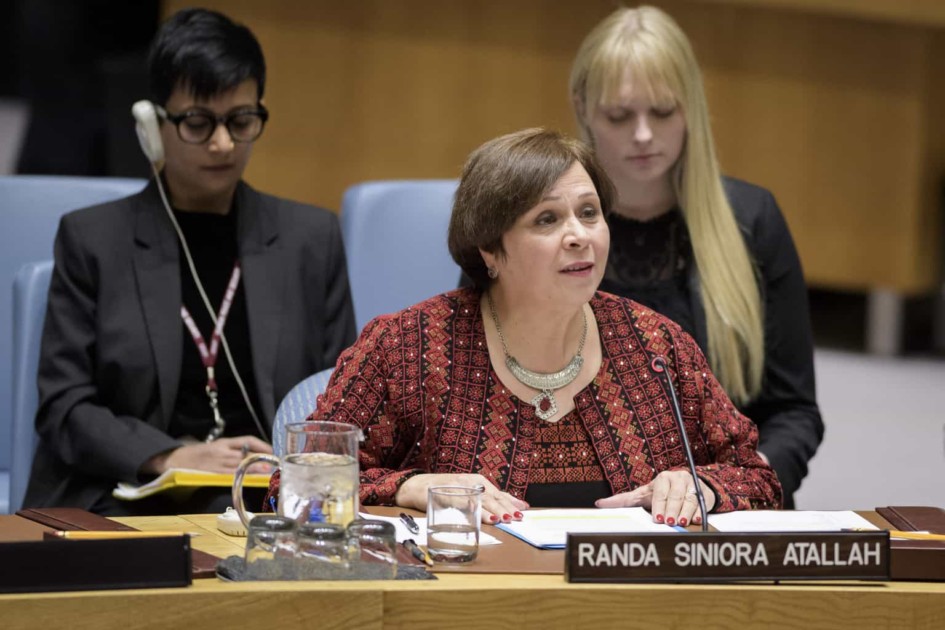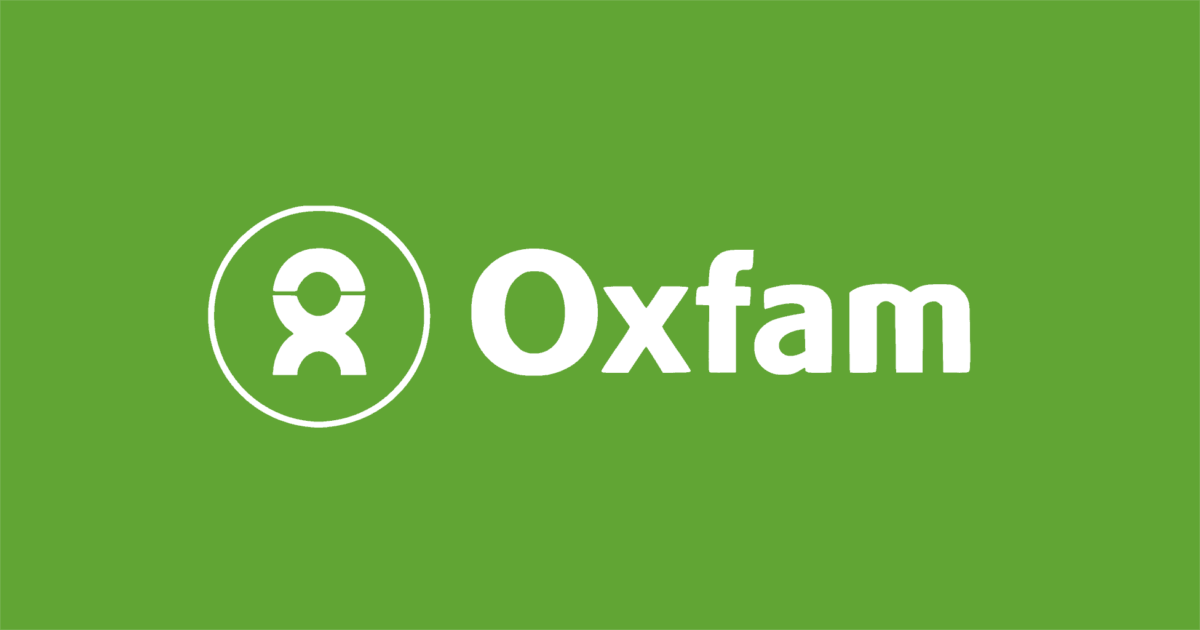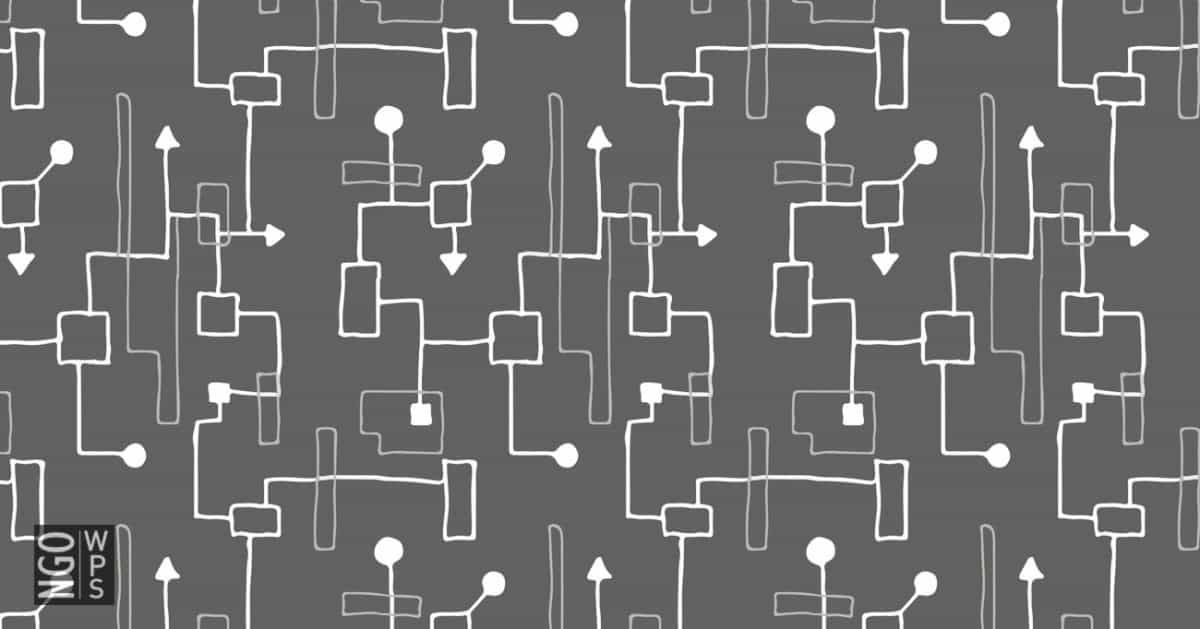Israel & Palestine
Israel & Palestine
Women in Israel and Palestine have consistently been leaders in the process to bring peace to the Middle East, including by demonstrating against the occupation on International Women’s Day in March 2015. Damaged infrastructure, reduced services, food insecurity and displacement caused by the occupation and subsequent conflicts have had a particular impact on women, notably in the marginalized Palestinian territories.
Neither Israel nor Palestine has a National Action Plan on Women, Peace and Security as per Resolution 1325, and although both are parties to the Convention on the Elimination of All Forms of Discrimination against Women (CEDAW), significant obstacles remain to gender equality— including outdated personal status laws that are still enforced in both areas. Despite the frequency with which the Security Council discusses the situation in the Middle East, the gendered aspects of violence against civilians and its effects on women and girls has never been debated within the Council.
Based on the work of NGOWG members and their partners, the NGOWG advocates for remedying this discrepancy by calling for the effective and meaningful inclusion of women in all actions taken by the United Nations Truce Supervision Organization (UNTSO). The Council should further ensure a focus on women’s rights and gender issues in all aspects of current and ongoing peace and security processes in Israel and Palestine.
Current and Past Recommendations to the UN Security Council (Monthly Action Points)
The violence in Gaza since early October has now killed over 15,000 Palestinians; women and children comprise 67% of those killed. Out of 2.1 million people in Gaza, 1.7 million people, including 800,000 women are internally displaced, and an estimated 15% have disabilities. The current escalation of violence is a continuation of the ongoing occupation of the Gaza Strip and the West Bank (including East Jerusalem), and the humanitarian crisis has worsened as a result of not only the violence, but the pre-existing air, land, and sea blockade, in place since 2007, which saw the erosion of infrastructure and services across Gaza. Over 60% of all housing units in the Gaza Strip have been destroyed, leaving women (and their families) homeless and obliged to seek safety in already severely overcrowded schools or hospitals or with other families, a situation that officials warn could lead to the rapid spread of infectious diseases. The healthcare system has collapsed due to constant bombardment and the Israeli government’s blockade of fuel. With the closure of Al Awda hospital, the only provider of maternity services in northern Gaza, an estimated 50,000 pregnant people are left at risk, including particularly the 5,000 women due to give birth in the next month. An estimated 180 women are currently giving birth daily without medical support, operations being conducted, including c-sections, without anesthesia, and there is no obstetric or post-natal care for the more than 7,000 women who have given birth since mid-October. Freezing of development funding for Palestinian civil society organizations by many international donors is a considerable barrier to the delivery of basic services for women and girls and has led to the risk of closure of local women-led organizations. The violence has not been limited to Gaza; over the last six weeks, 216 Palestinians have been killed in the West Bank, including in the context of demonstrations; over 3,000 people have been arrested, many during the increasing number of search and arrest operations being carried out; and attacks against Palestinians by settlers have doubled. Activists, peacebuilders, and human rights defenders, including diverse women, are increasingly under threat of violence and detention for speaking out, posting on social media, and simply expressing support for people in Gaza; further permits for protests in the West Bank are being withheld, in violation of freedom of expression and assembly. The Security Council must:
- Demand an immediate and sustained cessation of hostilities and further demand all parties immediately stop all attacks on civilians and infrastructure and uphold international human rights and humanitarian law, and all relevant Security Council resolutions, including on women, peace and security.
- Demand an immediate end to forcible population transfer in violation of international humanitarian law. Forcibly relocating large numbers of civilians to an even smaller strip of land without adequate services risks exacerbating the current humanitarian catastrophe.
- Demand the lifting of pre-existing blockades and restrictions imposed on 9 October 2023, which are violations of international law and may amount to collective punishment of a civilian population.
- Ensure rapid, safe, unhindered and sustained humanitarian access for the provision of essential and life-saving relief assistance, including food, water, fuel, medical supplies and care, safe access of humanitarian personnel into Gaza, and urgent measures to augment the presence of child protection teams in shelters in order to support the increasing number of displaced children who are unaccompanied.
- Demand that the rights of diverse Palestinian women and other marginalized groups, including human rights defenders, peace activists, and journalists, are protected and upheld in line with international humanitarian and human rights law, and that Palestinian women are able to fully and equally contribute to, and serve as leaders in any de-escalation, ceasefire or other efforts to negotiate peace.
Relevant Resources









